
A white coffee cup with latte art and spoon sits atop a newspaper. Via Pixabay.
The coffee news this week is. . . not very positive. Sorry about that.
Coffee Importers Are Worried About Post-Brexit Shipping Bottlenecks, As The UK Coffee Shop Market Value Shrinks By 37.5% - via Business Insider
Coffee roasters in the UK, having dealt with the trials and tribulations of a global pandemic for ten months, have another potential problem racing towards them: Brexit.
Whether Britain leaves the European Union with a deal or without one (it looks like not even those in charge of negotiating know which is more likely) the turmoil is sure to have a huge impact on the coffee industry.
Paul Rooke, executive director of the British Coffee Association (BCA), told Business Insider that new tariffs on roasted beans (mostly decaf, which is usually roasted in Germany) and instant coffee could be as high as 7.5% and 9% without a deal. “There are still some countries which the UK has not achieved a continuity agreement with, which will mean tariffs where they do not exist at present.”
Rooke also said that the BCA expects the market value of the UK coffee industry to shrink by 37.5% this year, and to not recover to pre-pandemic levels until 2025.
And, although green bean imports aren’t subject to the same tariffs as roasted, some importers and coffee roasters in the UK are nonetheless stockpiling in preparation for bottlenecks and delays at ports after January 1 (which are, in fact, already happening).
Says Paul Turton, chief executive of Pact Coffee: “We've had to accelerate our importing of coffee. And the biggest concern around Brexit is going to be the disruption of the ports. The big unknown at the moment. That's the big fear we have at the moment, because we can't control that.”
No Pickers, No Coffee: How COVID Threatens Colombia's Harvest - via BBC News
The fact that coffee farms are struggling to find enough workers for the harvest isn’t exactly news these days.
What makes this article interesting is that it actually interviews the workers themselves (in addition to the usual farm managers and government administrators).
Although farms have implemented (or claimed to implement) safety precautions and taken steps like expanding dormitories to encourage distancing, the number of pickers looking for work is down in a country with an unemployment rate 50% higher than it was a year ago.
“This place has workers that come from many different places,” picker Luis Giraldo told BBC News. “Even if you try to avoid contact with others, you really can’t.”
The article also addresses an oft-ignored reason for the drop in laborers: the pay is very low. Although an experienced picker can make three times the national minimum wage in a day, the work is back-breaking and insecure and mostly done by poor migrant workers.
Fernando Morales de La Cruz, with the Café for Change Initiative, places the blame at the feet of the big international coffee companies: “He says that a few companies - including Starbucks and Nestle - are purchasing most of the coffee in the world and keeping prices low thanks to their bargaining power.”
Brazil Drought Damage May Cut High-End Coffee Crop For Two Years - via Bloomberg
More on Brazil’s ongoing drought this week, as Bloomberg reports on a tour of coffee farms by “a leading analyst” in Minais Gerais.
“I was floored by the conditions at some of these farms,” said Judy Ganes, the president of J. Ganes Consulting on the level of drought she encountered. “I have never, ever seen anything like this.”
“So far, I’ve just seen skeletal trees or trees that look lush from afar and then you get close to them, and there’s no coffee.”
That, uh, that doesn’t sound good.
And already the markets are reacting, with coffee’s C price climbing to $1.29 on Thursday, a 34% increase from June. Last month, Brazil’s Agriculture Ministry said they expected losses in 2021 of 15% to 40% compared to 2019 (the last lower-yielding half of Brazil’s biennial cycle).
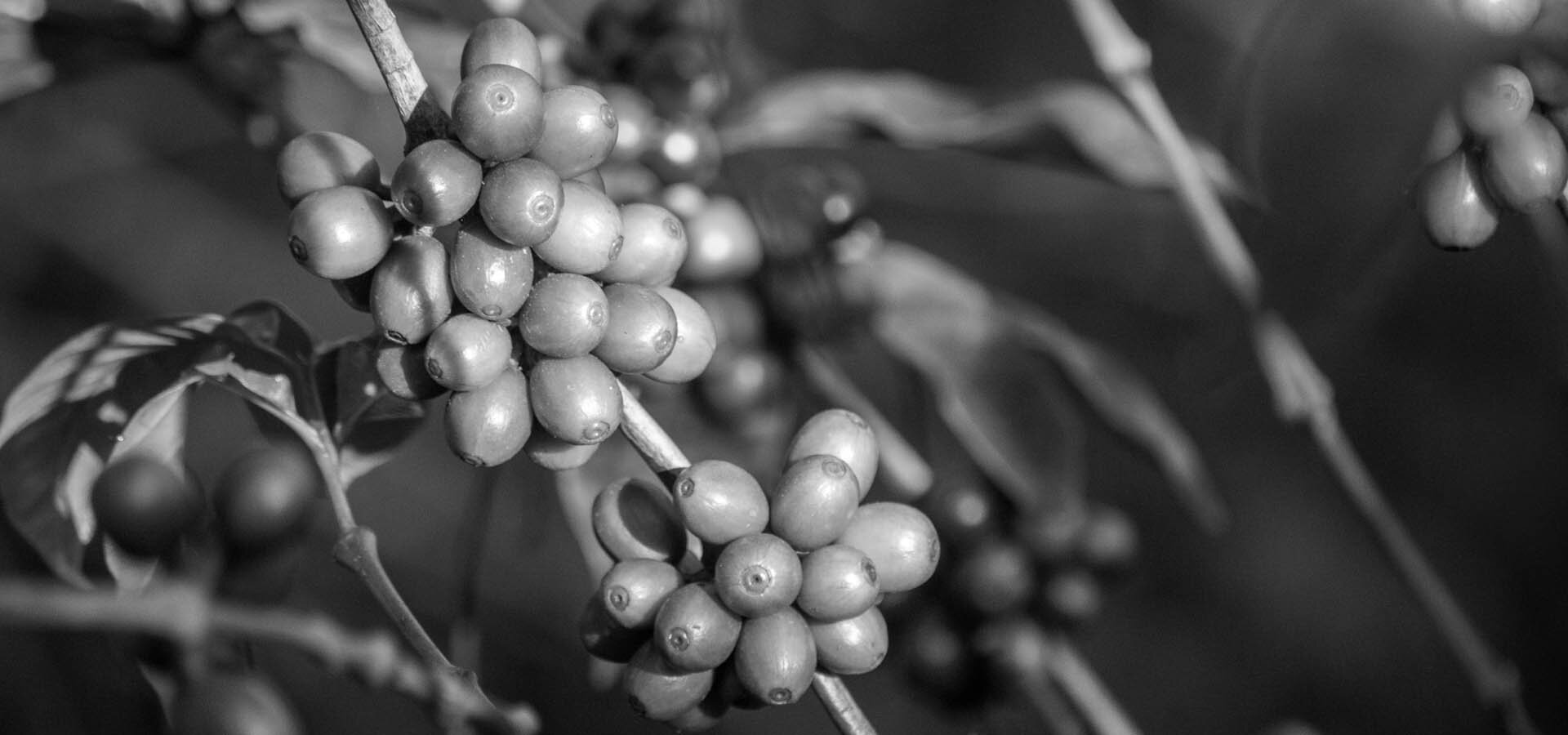
Close up of coffee cherries ripening on the branch
More Headlines
New Rules For The 2021 World Coffee Championships Cover COVID Safety
The Week In Coffee Unionizing
The National Labor Relations Board (NLRB) has filed an official complaint against Augie’s Coffee, alleging (among other things) that the company fired workers to prevent them unionizing.
Five days after the complaint was lodged, CEO Austin Amento posted a blog to Augie’s website saying that company was shutting down.
Back in July, Redland, California-based Augie’s closed all five of its retail locations citing the COVID-19 pandemic. The closures resulted in 51 workers being laid off, according to Daily Coffee News. The NLRB complaint alleges that the lay-offs were in retaliation for a unionization drive, rather than the pandemic-based reasons that the company claimed.
There’s more. According to Redlands Daily Fact, “The complaint alleges that members of the Amento family, which owns Augie’s, engaged in surveillance of employee meetings and issued threats if they attempted to organize.”
The Week In Corporate Coffeewashing
Non-profit lender Root Capital has partnered with Keurig Dr Pepper and “announced a partnership to support small-scale agricultural coffee businesses that have been negatively affected by the COVID-19 pandemic.”
Although the two companies have worked together previously, this new partnership “will incorporate Root Capital’s advisory services for smallholder farmers, and it will involve small grants responding to cash flow restraints and emergency needs.”
Which is good, I suppose. But also, Keurig Dr Pepper had revenue of more than $11 billion last year, according to Daily Coffee News. I know I say this often (almost every week, actually), but couldn’t they just give away some of that money, or pay more for coffee, instead of whatever circuitous grant-and-loan program they’ve gone with instead?
Is Coffee Good For You?
Give your morning coffee a sniff. Can you smell it? Excellent, go about your day. Nothing? You might want to take a COVID test.
According to Daily Coffee News, “A DCN review of scientific literature and anecdotal advice from scholars of taste and smell shows dozens of examples of coffee being used as the barometer for a kind of sniff-test for COVID-19, in part for its distinct smell and also for its availability in homes throughout the world.”
Loss of smell is widely accepted as one of the most common symptoms of COVID, “with most recent studies indicating that about 50% to as much as 80% of people testing positive for the virus have suffered from anosmia.”
What I’m Drinking This Week
Kicking off the holidays with a bag of Sni-Wa-Te Da-Ta Winter Drink from O-Gah-Pah Coffee. Sni-Wa-Te Da-Ta means "to drink the coldness of winter” according to the company’s website, and it is really very tasty. A washed Rwanda Shuli, it’s bright and sweet with a nice citrusy top note.
What To Read
From LA To NYC, Cleveland To Fargo, A Historically Challenging Year For Coffee Shops by Liz Clayton
Until next week, drink good coffee. Wear your mask. Be kind to your barista and your postal worker.
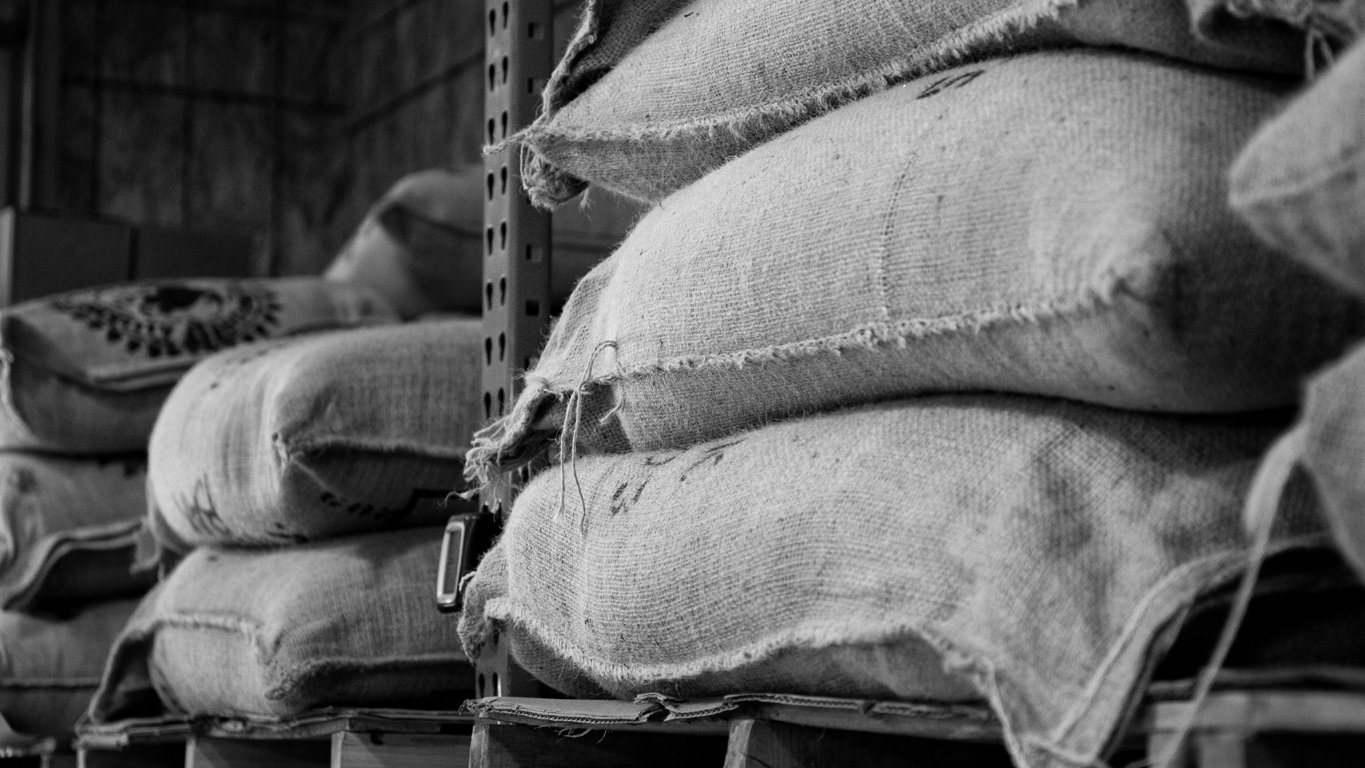
Nov 24, 2023 Connecting the Dots: Inside the 2023 Coffee Barometer Nov 24, 2023 Nov 24, 2023
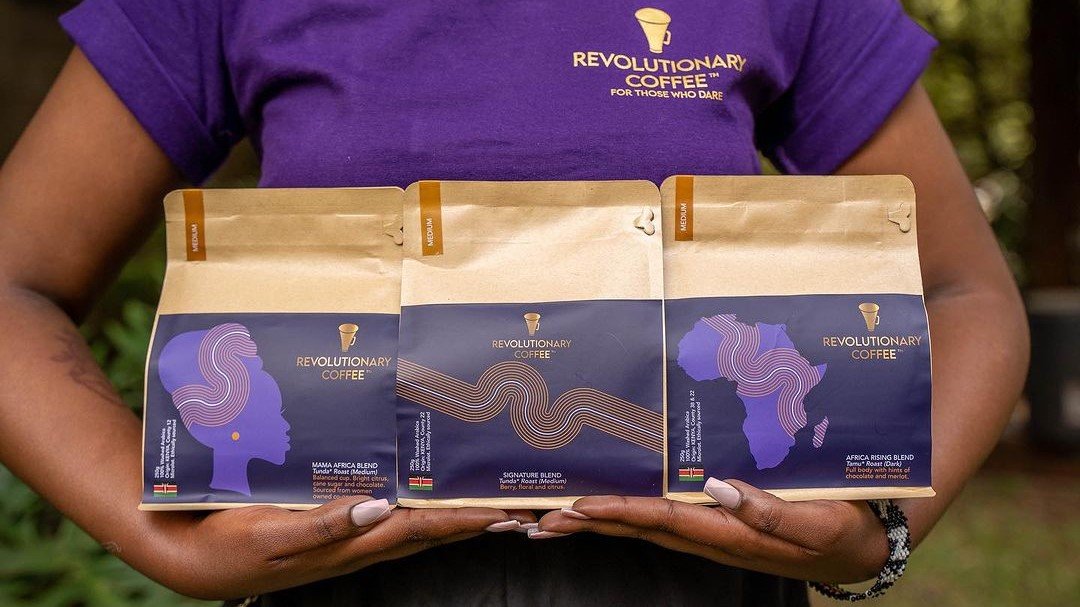
Oct 21, 2023 'Specialty Coffee Should be Enjoyed by Those Who Grow It': The Farmer's Daughter Joining Kenya's Coffee-drinking Revolution Oct 21, 2023 Oct 21, 2023
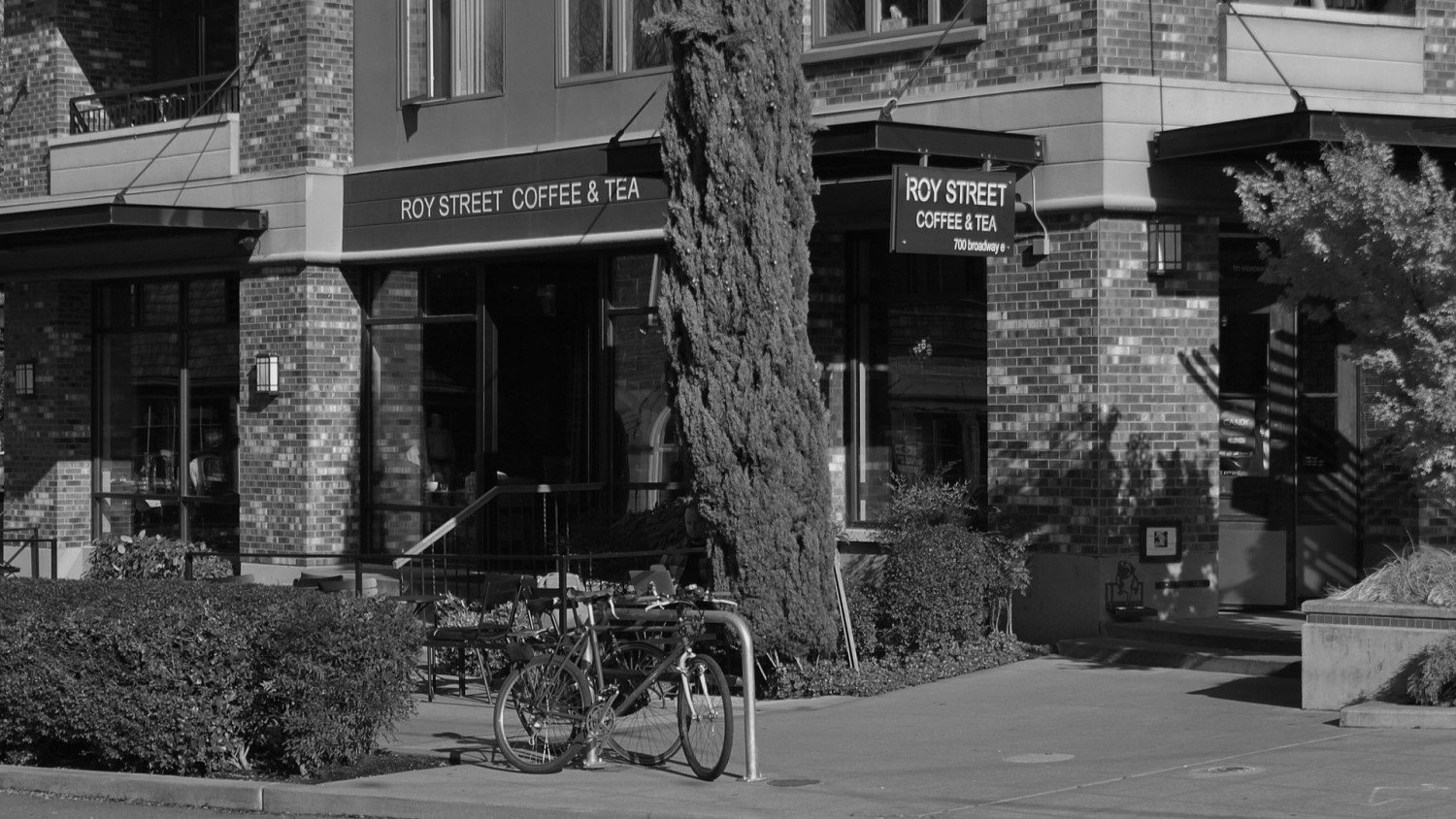
Oct 6, 2023 Stealth Starbucks: A Premonition of Modern Specialty Coffee Oct 6, 2023 Oct 6, 2023
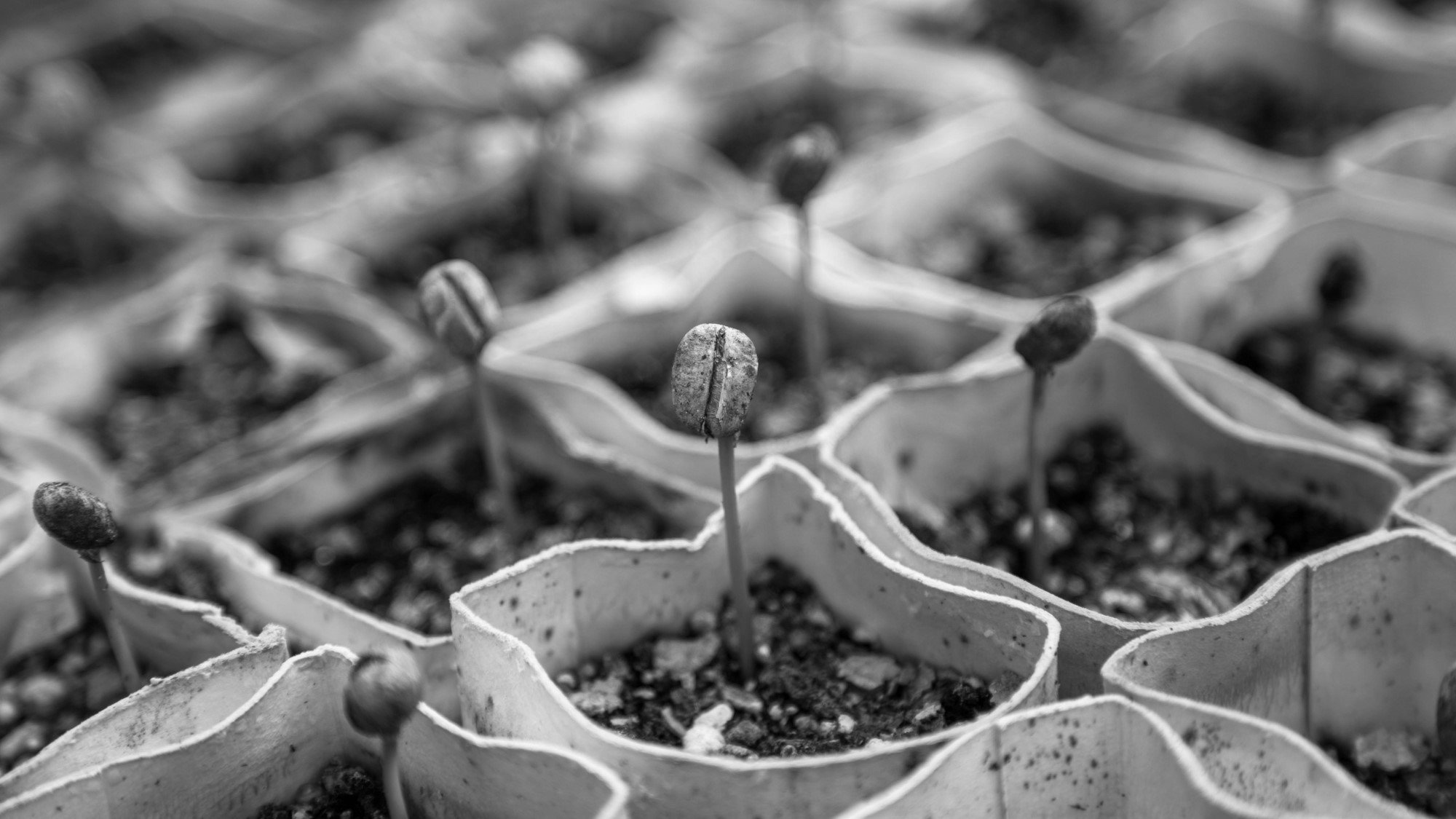
Sep 22, 2023 Can the Coffee Change Fund Save Coffee? Sep 22, 2023 Sep 22, 2023
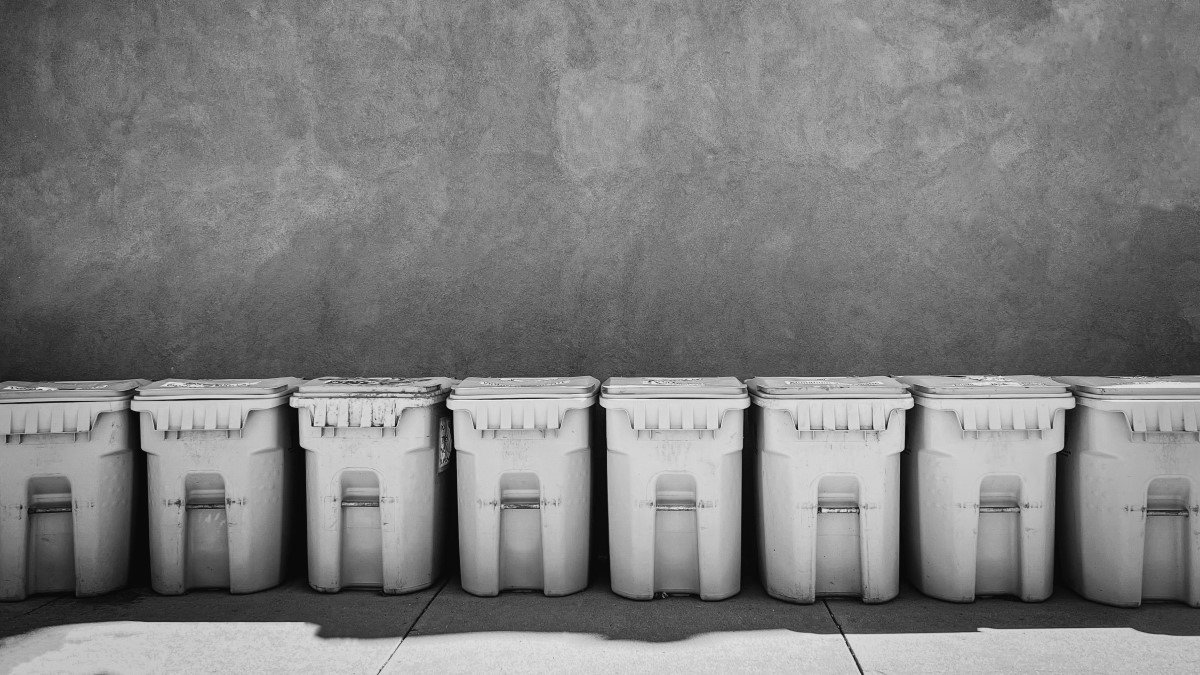
Sep 8, 2023 Upcycled Coffeewashing Sep 8, 2023 Sep 8, 2023
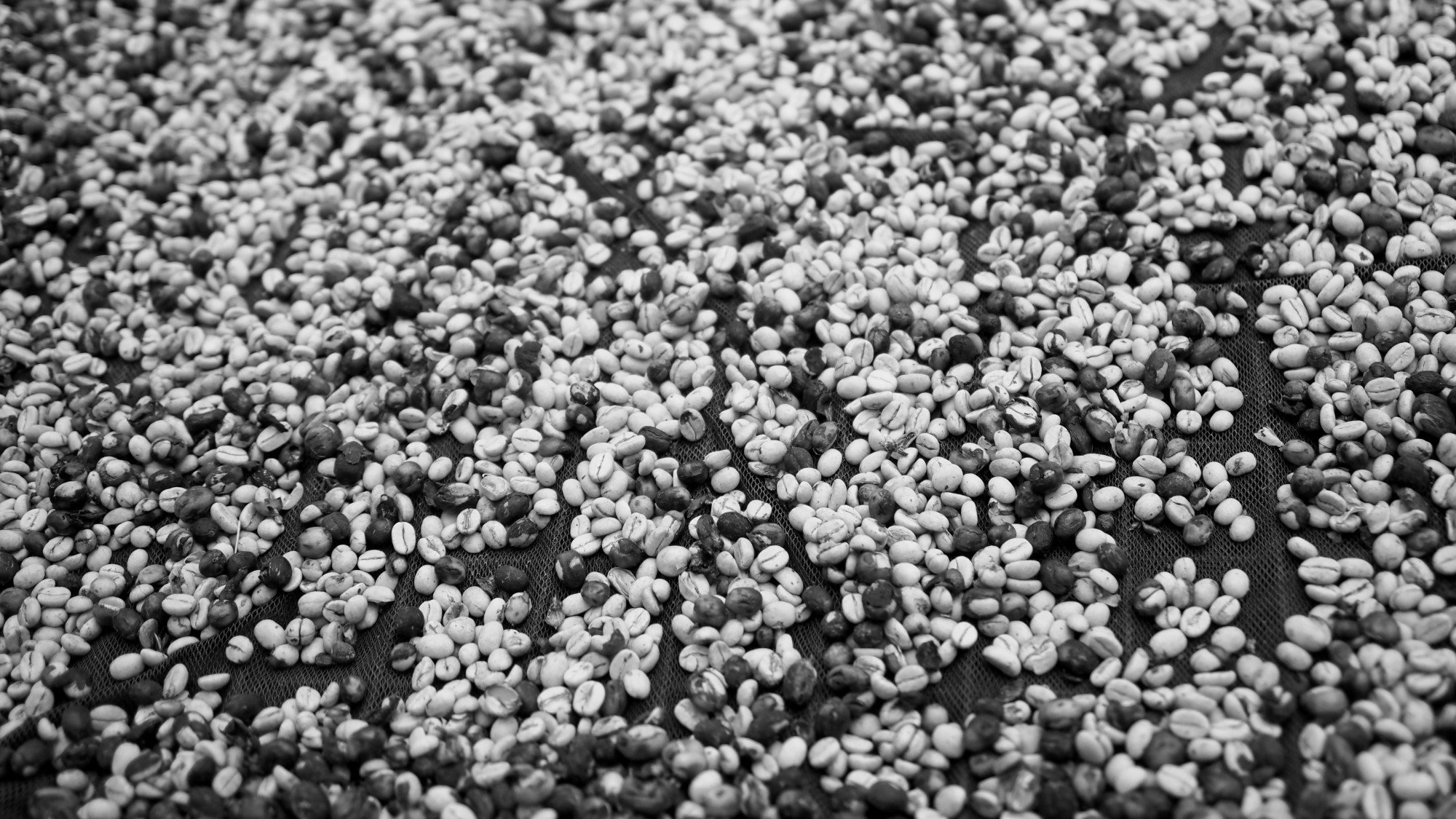
Aug 25, 2023 From A Concerned Farmer Aug 25, 2023 Aug 25, 2023

Aug 11, 2023 Philly is a (Coffee) Union Town Aug 11, 2023 Aug 11, 2023
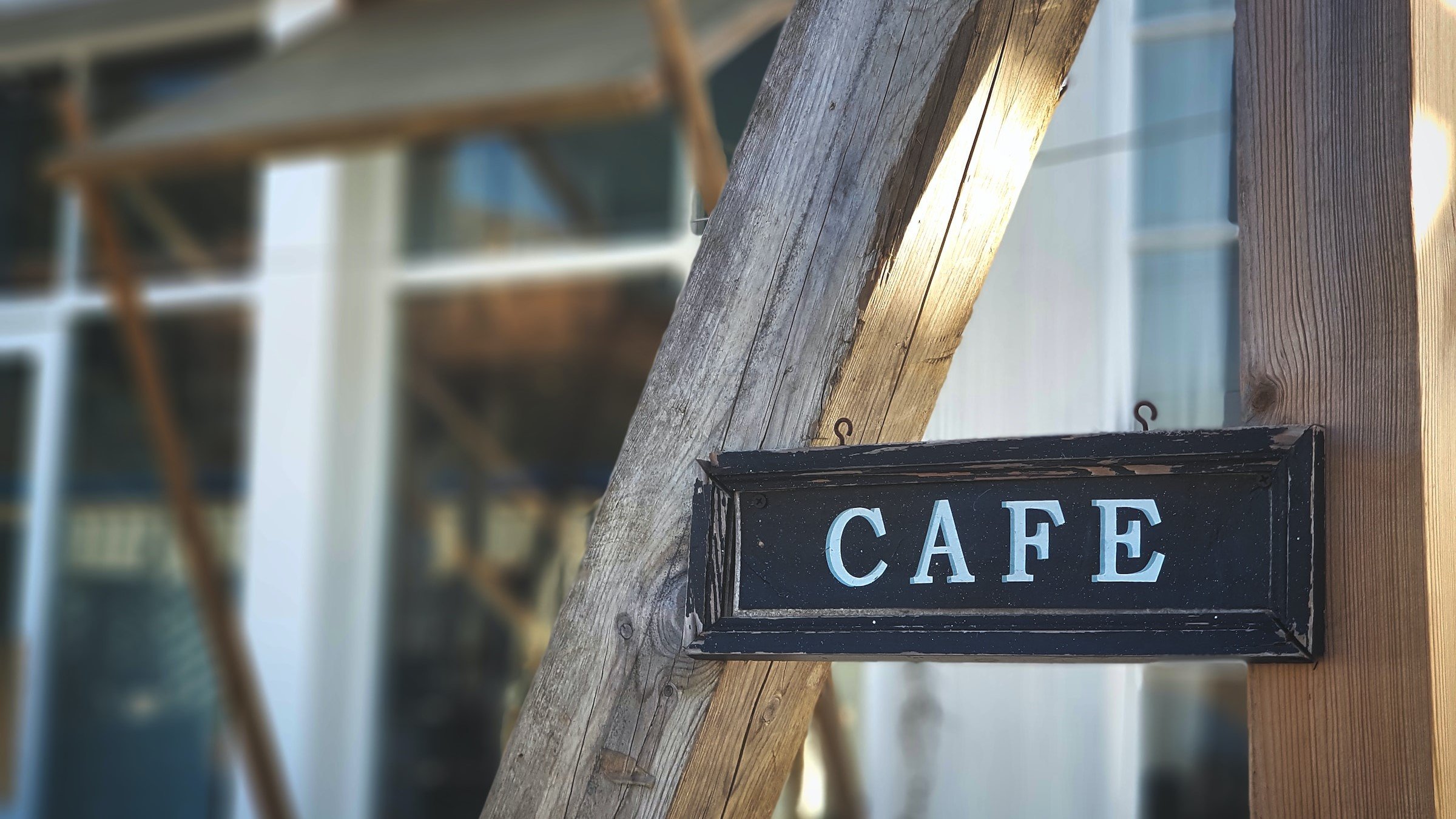
Jul 28, 2023 South Korea's Coffee Wars Jul 28, 2023 Jul 28, 2023
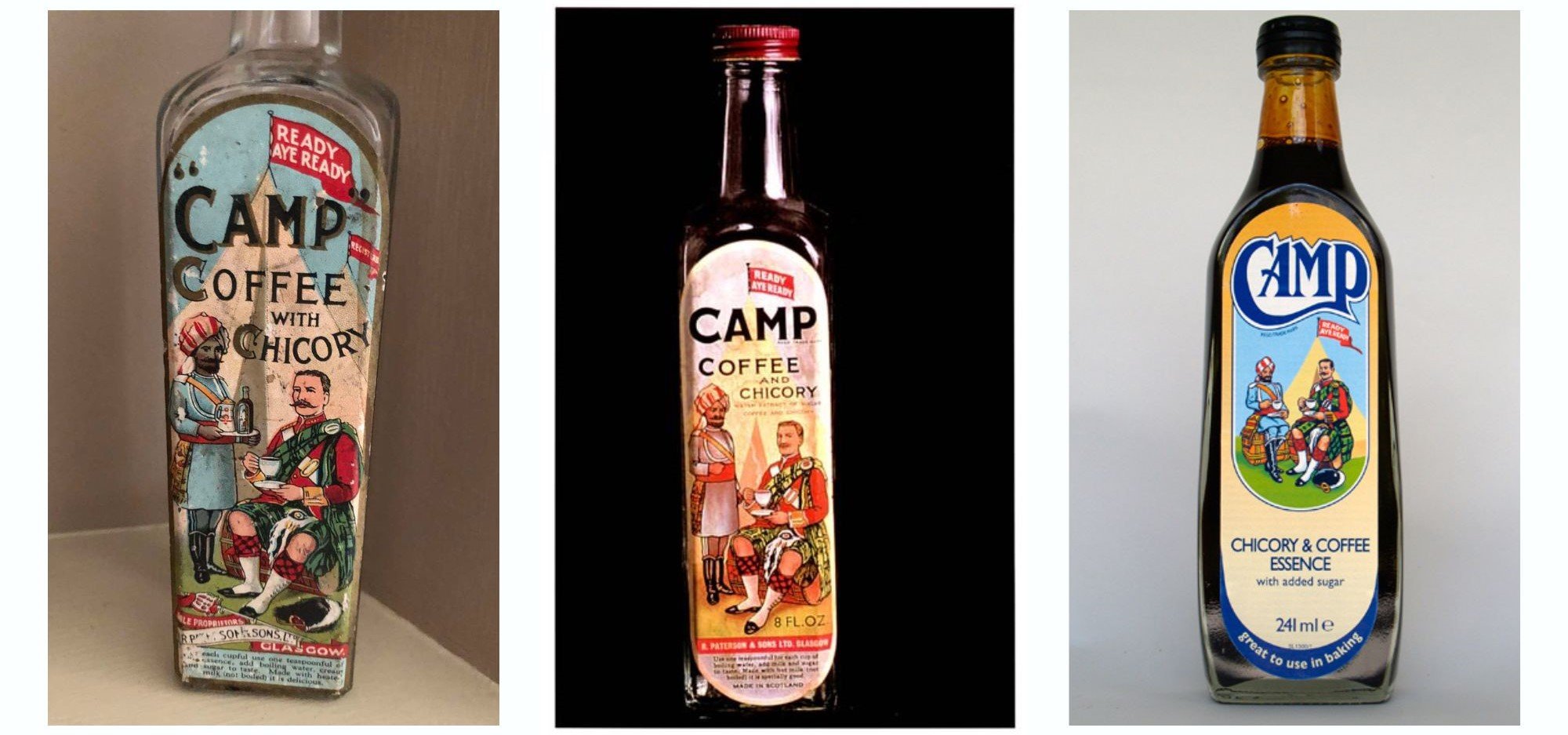
Jul 14, 2023 Camp Coffee, Colonialism, and the Evolution of a Brand Jul 14, 2023 Jul 14, 2023
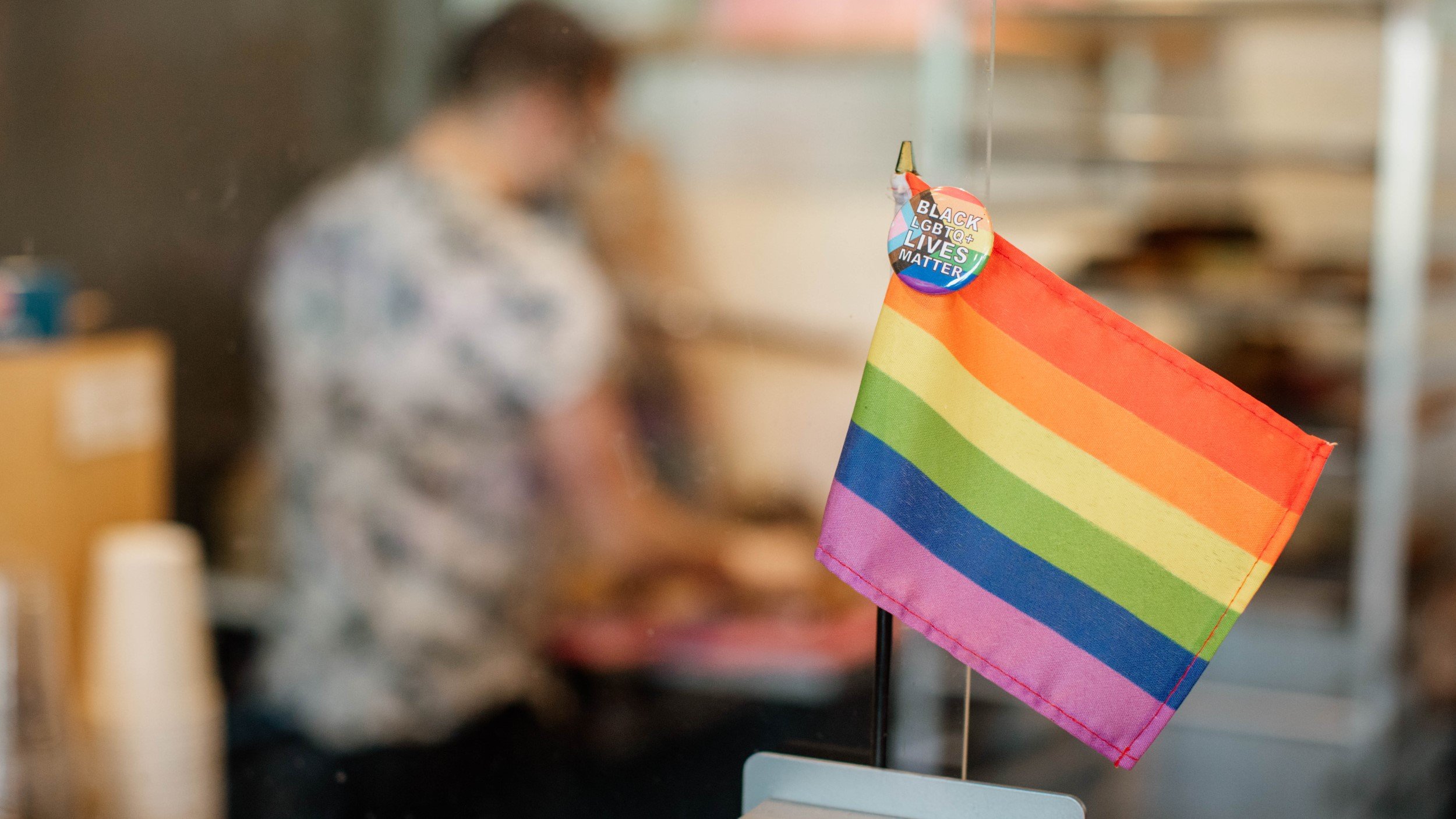
Jun 30, 2023 Defiance and Gay Frog Donuts: How Strange Matter Coffee is Navigating the Anti-LGBTQ+ Backlash Jun 30, 2023 Jun 30, 2023






